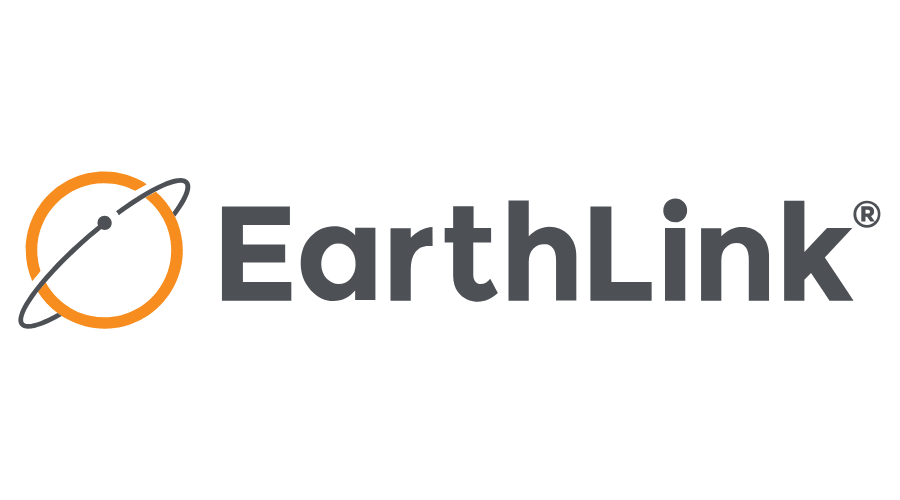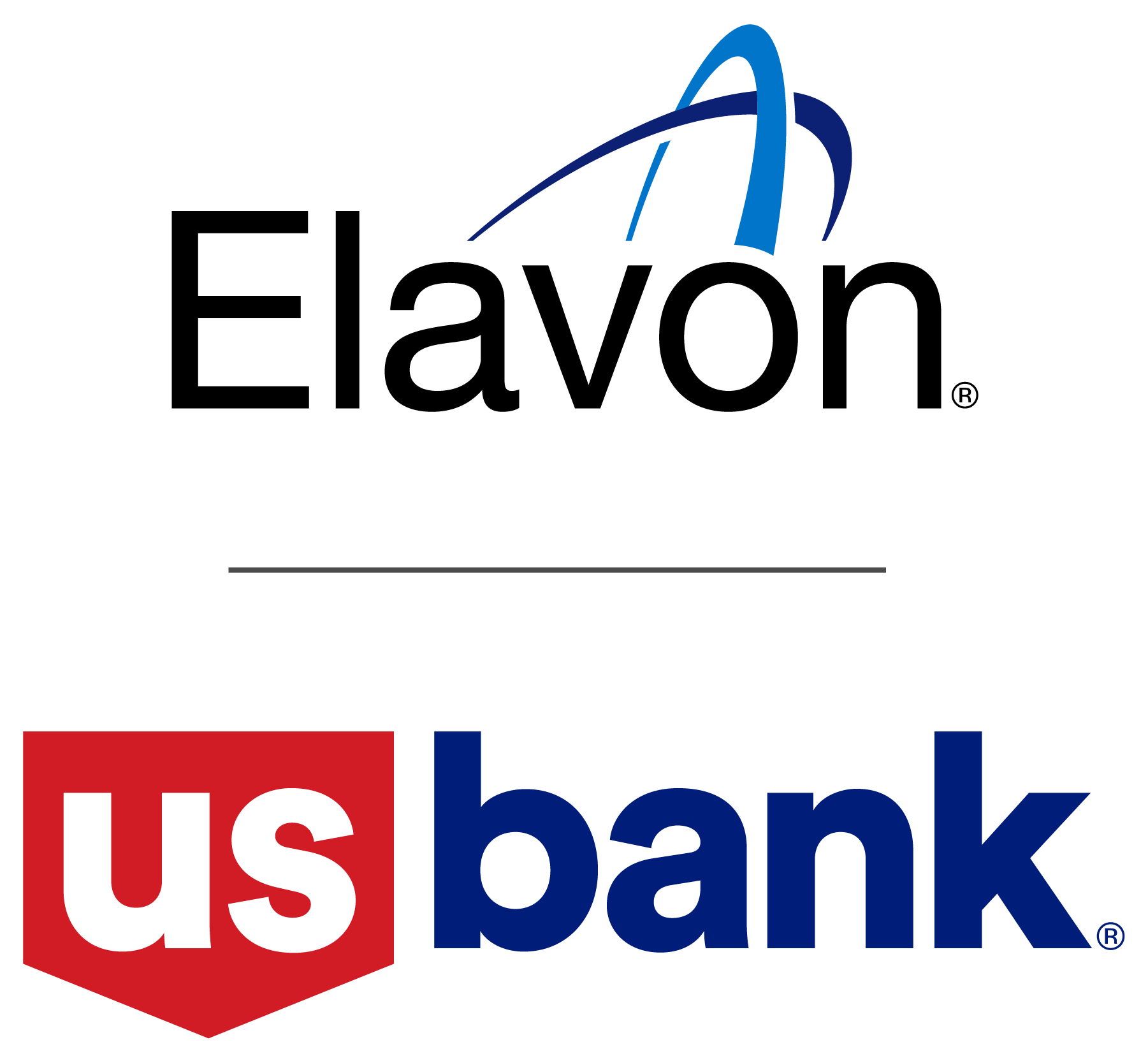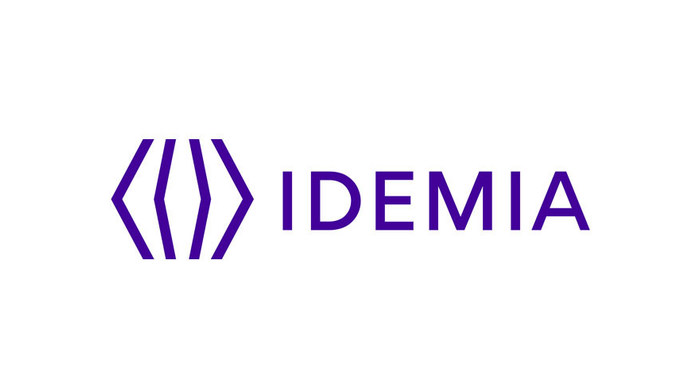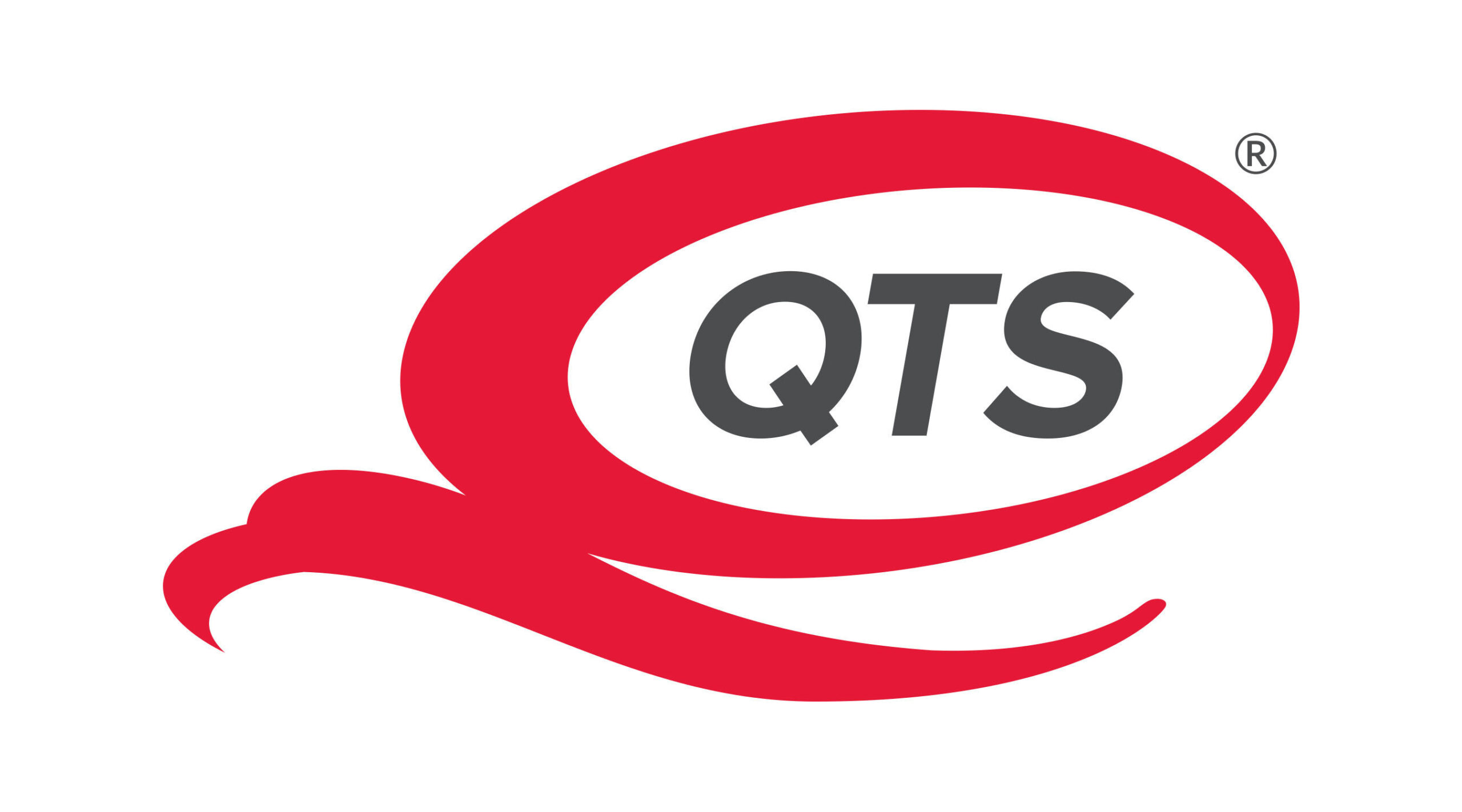ATLANTA, July 9, 2019 – A recent study commissioned by LGIS Group (LGIS – https://www.lgisgroup.com) revealed that, when selecting a financial institution to use for a commercial real estate (CRE) loan, 79 percent of U.S. CRE developers would be more likely to choose a bank that offered a non-recourse repayment over one that did not. The study was conducted online by The Harris Poll and garnered responses from more than 350 U.S. commercial real estate developers (defined as those who have purchased commercial real estate to develop/redevelop for purchase or rental by others).
Today’s commercial real estate market is characterized by high levels of liquidity, which is fueling increased competition for banks and credit unions from other institutions, non-banks, fintechs and alternative lenders that are entering the industry. The pioneer of Commercial Property Loan Insurance (CPLI) for the commercial real estate lending industry, LGIS commissioned the study to gain insight into the business strategy of CRE developers and how financial institutions can better meet their needs to gain a competitive advantage.
Additionally, when asked if they would be more or less likely to invest additional money into a project to resolve a development issue if the original CRE loan funding the project had no personal guarantee repayment requirements, 58 percent of U.S CRE developers indicated that they would be “more likely” to do so to complete the project. This data could suggest a viewpoint differing from many current, traditional lender beliefs.
“For decades, banks’ chief credit officers have relied on traditional methodologies for CRE lending and it has stifled innovation in the industry,” said David Eichenblatt, President and Founder of LGIS Group. “New entrants into the market have recognized this and are now exploiting it to gain market share on those very same bankers. The findings of the study clearly communicate that commercial real estate developers are open to exploring other options when seeking funding for their projects. For financial institutions that want to grow their CRE portfolios, they will need to look beyond a process that has been in place since the time of the Medici to free up additional capital or they risk losing valuable ground in a hypercompetitive business environment.”
Study Methodology:
This survey was conducted online within the United States by The Harris Poll on behalf of LGIS Group from June 20-24, 2019 among 354 U.S. adults ages 18 and older who are commercial real estate developers (have purchased commercial real estate to develop/redevelop for purchase or rental by others). This online survey is not based on a probability sample and therefore no estimate of theoretical sampling error can be calculated. For complete survey methodology, including weighting variables and subgroup sample sizes, please contact Derek Howard, William Mills Agency, at derek@williammills.com.
About LGIS Group
LGIS Group is the pioneer of Commercial Property Loan Insurance (CPLI) for the CRE lending industry. Through its patented, institutional grade-rated loan guarantee insurance, LGIS Group eliminates the need for bankers to secure onerous personal guarantees from valued customers when providing commercial loans to fund their development, redevelopment and value-add projects. As a proven risk transfer and mitigation strategy, LGIS Group provides significant capital relief to bankers, empowering them to increase volume and profitability across their CRE portfolios while increasing the customer relationship and deposits. LGIS Group also provides benefits for borrowers by transferring risk, lowering costs and expanding their overall capacity for deals, as well as intermediaries (i.e. mortgage brokers, insurance brokers) by offering an impressive new market and revenue source for servicing customers from a project’s inception to take out.




































